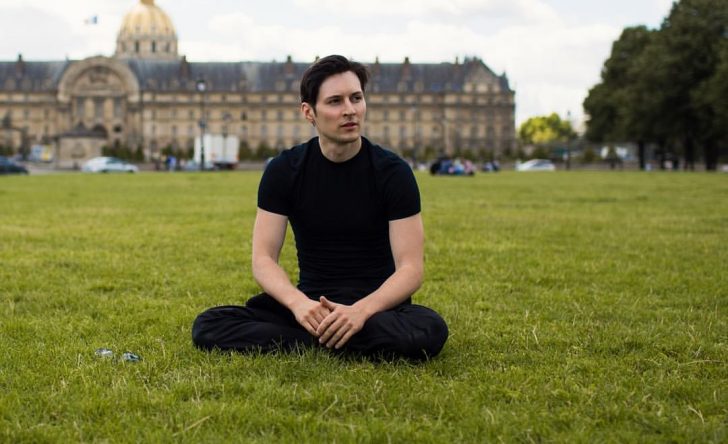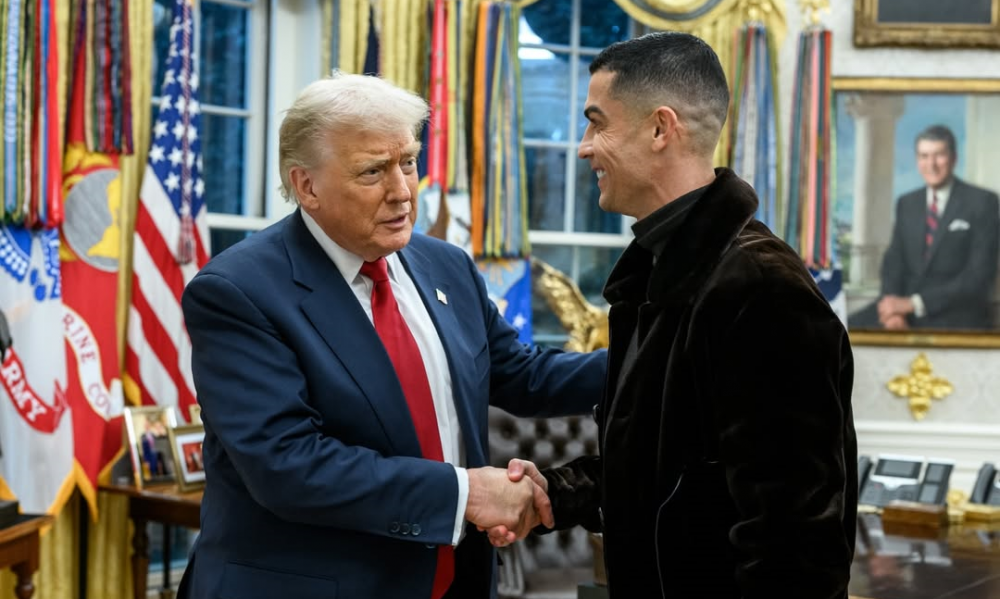The tech world was taken by surprise on Saturday, August 24, when Telegram CEO Pavel Durov was arrested at Le Bourget Airport in Paris. The 39-year-old billionaire, who has long been a champion of privacy and free speech, was apprehended by French authorities shortly after his private jet landed. The arrest was reportedly linked to a warrant concerning Telegram’s alleged failure to moderate illegal content on its platform.
Durov’s arrest marks a significant moment for the tech industry, especially as Telegram has gained a reputation for being one of the most secure messaging apps in the world. The charges against him suggest that the platform has become a haven for criminal activity. These range from drug trafficking to the dissemination of child sexual content and various types of fraud.
The Rise of Telegram CEO & the Messaging App
Telegram CEO Pavel Durov is a figure who has often been at the center of debates surrounding digital privacy. Born in Russia, Durov made headlines for the first time when he founded Telegram in 2013. A messaging app designed to prioritize user privacy through robust encryption.
However, his journey to becoming a tech mogul began even earlier, with the creation of VKontakte, Russia’s largest social media platform. Durov eventually sold VKontakte and left Russia in 2014 after refusing to cooperate with government demands to shut down opposition groups on the platform.

Durov / IG / Now residing in Dubai, Durov holds dual citizenship in the United Arab Emirates and France.
Telegram’s headquarters are also based in Duba. The app has gained immense popularity, especially in regions like Russia, Ukraine, and other former Soviet Union states, where concerns about government surveillance are particularly high.
Despite its success, Telegram has faced its fair share of challenges. It was banned in Russia in 2018 due to Durov’s refusal to hand over user data. However, the ban was eventually lifted in 2021.
The Legal Challenges Surrounding Telegram’s Content Moderation
Unlike many other social media platforms, Telegram offers large group chat capabilities, allowing up to 200,000 members in a single group. While this feature has made the app popular among users who value freedom of expression, it has also attracted criminal elements who exploit Telegram’s relatively lax moderation policies.
The French authorities have accused Telegram of failing to take adequate steps to prevent the spread of illegal content on the platform. This includes serious crimes such as drug trafficking, the distribution of child sexual content, and various forms of fraud.
However, Telegram’s moderation practices have been called into question before. Cybersecurity experts have been pointing out that the platform’s efforts to remove extremist and illegal content are not as rigorous as those of other major social media companies.

Durov / IG / The arrest of Telegram CEO Pavel Durov is deeply tied to the platform’s approach to content moderation. An area where Telegram has often been criticized.
Telegram has made some efforts to address these concerns by removing certain groups though. But critics argue that these actions have been too little, too late. The app’s commitment to privacy has made it difficult to strike a balance between protecting user rights and ensuring that the platform is not used for criminal purposes.
This ongoing tension between privacy and security is at the heart of the current legal challenges facing Telegram and its CEO.



